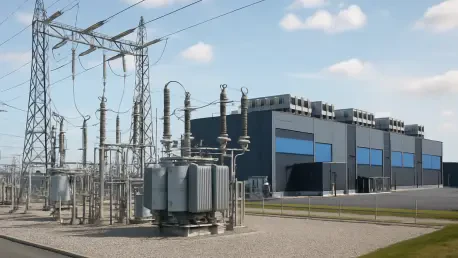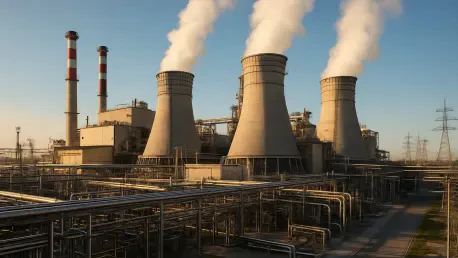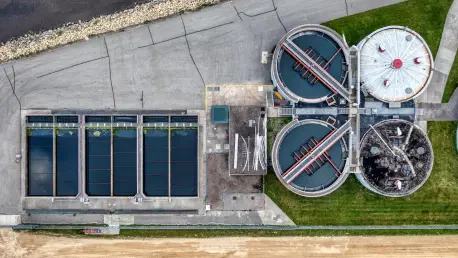
A high-stakes legislative showdown is unfolding in New Jersey, pitting lawmakers against the governor's office over who should bear the colossal financial burden of powering the state's growing number of energy-intensive data centers. The conflict revolves around a bipartisan bill designed to

A crucial federal appeals court ruling has invalidated a key decision by the Federal Energy Regulatory Commission (FERC), thrusting a contentious dispute over an estimated $183 million in excessive electricity capacity costs back into the regulatory spotlight. This judicial action reopens a

Today, we're joined by Christopher Hailstone, a veteran expert in energy management and utility policy, to unpack a brewing conflict with massive implications for our energy future and our wallets. The explosive growth of data centers, the backbone of our digital world, is putting unprecedented

A Legal Lifeline in a Political Storm The future of America's clean energy ambitions is increasingly being decided not in boardrooms or on the high seas, but in the staid halls of federal courthouses. In a significant blow to the Trump administration's efforts to halt the industry's progress, a

The voracious energy appetite of our expanding digital world is colliding head-on with the urgent necessity of safeguarding the very air we breathe, creating a fundamental tension at the heart of modern policy. In this charged environment, a recent policy shift from the U.S. Environmental

A groundbreaking composite material, engineered by merging molecular imprinting technology with biochar, is emerging as a powerful tool for environmental cleanup, offering a highly selective and efficient method for purifying contaminated water. This innovative substance, aptly termed "smart